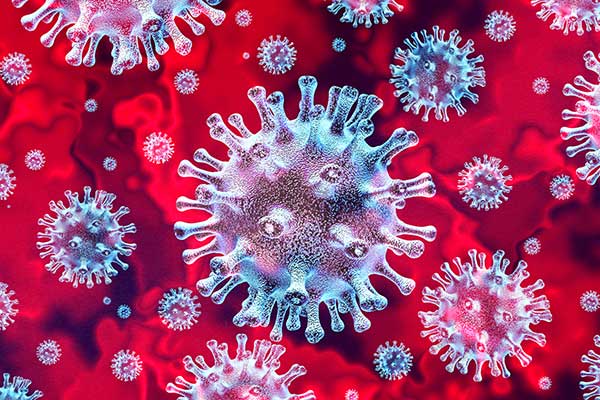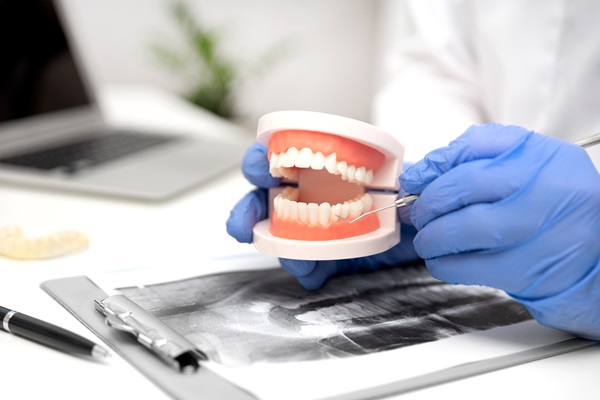Will Dental Offices Still Be Open During the Coronavirus (COVID -19) Transmission Prevention Efforts?

As the president of the California Dental Association put it, the coronavirus disease (COVID-19) is “undoubtedly the single largest crisis we will face in our lifetimes.” As a major public health threat, COVID-19 has forced society to put life on pause and relearn what it means to make do with just the essentials. Unfortunately, due to social distancing measures and an aggressive attempt to stop the spread of the disease in its tracks, many dental offices have been asked to rethink what essential means and to make changes based on the answer.
Reduced procedures during coronavirus disease (COVID-19) outbreak
Routine dental care is essential to a person’s overall health. However, as of this time, social distancing is even more critical. Due to the nature of dental work, the American Dental Association has asked all dentists to reduce hours and cease delivering elective treatments for the foreseeable future. Elective procedures include the following:
- Routine adult dental treatment, such as checkups, cleanings and fillings
- Children’s dental care
- Elective and oral maxillofacial surgery for adults
At the start of the outbreak, the mandate specified a three-week closure period. However, that is ever-changing based on the rate of COVID-19’s spread and the success of mitigation efforts. Many dental offices have elected to shut business down entirely during this time.
Recommendations for emergency dental care
As for emergency dental care or dental care that can have a significant impact on a person’s overall health outcome, the ADA asks dentists to continue to offer emergency treatment. Per the ADA, allowing dentists to continue to care for emergency patients can help to alleviate the burden that dental emergencies may place on emergency health departments and the overall health care system.
The ADA does not specify what constitutes an emergency dental situation. Rather, it states that, as health care professionals, dentists can use their discretion to make well-informed decisions regarding patients. Many dentists agree that severe toothache, bleeding in the mouth, swelling of the gums, neck or face, infection and trauma can be reasons for urgent dental care.
When a patient does call a dentist for emergency dental care, most dentists have strict protocols in place, beginning with a thorough screening process. Patients are advised to call ahead of time to explain the symptoms and see if treatment is necessary. When in-person care is necessary, dentists are advised to stagger appointments so as to limit contact between patients and to ensure that everyone within the office remains six feet apart.
Many dentists are also taking advantage of telemedicine platforms. This allows dentists and orthodontists to continue to monitor patients’ health and manage treatment plans during the coronavirus disease (COVID-19) outbreak.
Conclusion
Everyone across the nation is being forced to learn a new normal during the COVID-19 outbreak. Part of this involves figuring out when it is or is not necessary to come into contact with others, including your health care providers. If you have questions regarding a dental issue, do not hesitate to call a dentist to determine if it constitutes as an emergency. For many dentists, the lines are always open.
Request an appointment here: https://www.smilesforlifedentalgroup.com or call Smiles for Life Dental Group at (408) 500-0819 for an appointment in our Santa Clara office.
Check out what others are saying about our services on Yelp: Read our Yelp reviews.
Recent Posts
It is important to adjust dentures when they cause concerns to help ensure the issues are resolved and to avoid more severe concerns and the need for denture replacement. Denture adjustments may be necessary when your dentures do not fit properly, experience minor damage, or are outdated and worn down.A denture adjustment involves minor improvements…
Root canals are one of the most common dental procedures dentists perform. However, there are many different types of dentists for you to choose from, making it necessary to understand if your general dentist is able to perform specific dental services, such as a root canal. General dentists are equipped to perform a root canal. In…
Understanding how Invisalign works is the first thing you must do when considering this popular teeth straightening option. You will undergo an initial evaluation performed by a dental professional, who will then assign you a certain number of custom-made aligner sets, which need to be switched out every two weeks. After using the last set…
You may have heard a lot about sedation dentistry recently. It is appealing to many patients, especially those who have fears about dental treatments. Visiting the dentist may not be the most exciting event in your life, but these appointments are important. You should not avoid seeing the dentist because you are worried about the…


